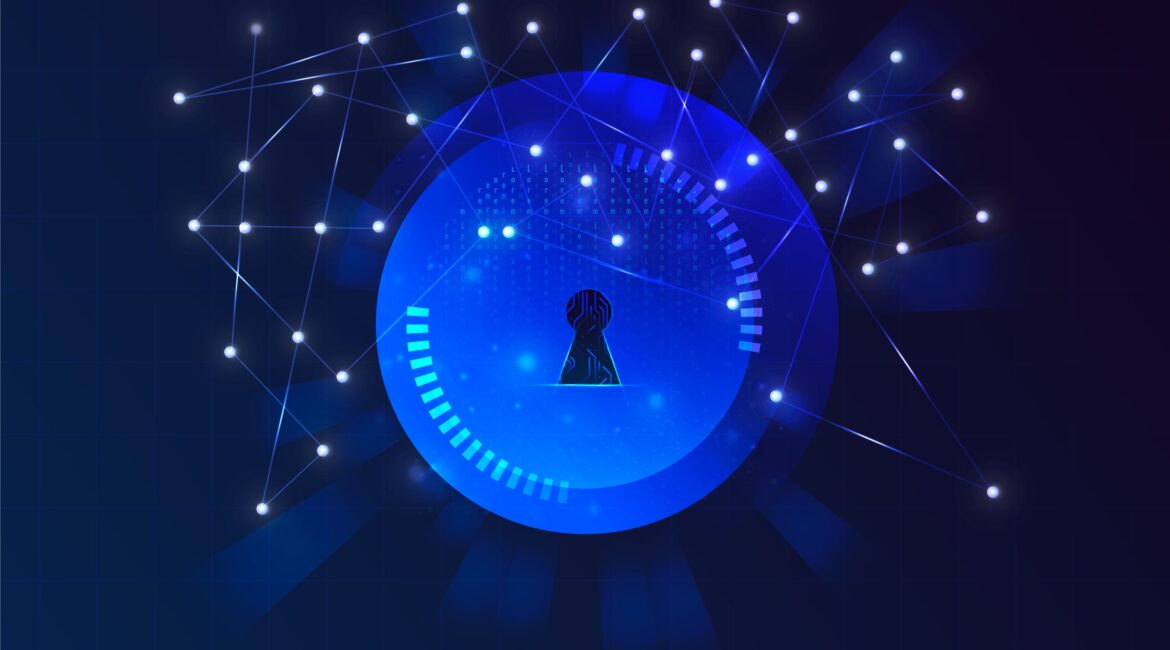Introduction
In today’s interconnected world, privacy and security concerns in telecommunications are paramount. This blog delves into the complexities surrounding privacy and security issues in telecommunications, highlighting the challenges and strategies for safeguarding users’ data and ensuring secure communication channels.

Data Privacy Concerns
Telecommunications companies collect vast amounts of user data, ranging from call records and location information to browsing history and app usage data. In addition, this raises concerns about data privacy, as users may be unaware of how their data is collected, stored, and used by service providers. Additionally, the potential for data breaches or unauthorized access poses significant risks to user privacy.
Regulatory Compliance
Regulatory frameworks, such as the General Data Protection Regulation (GDPR) in the European Union and the California Consumer Privacy Act (CCPA) in the United States, impose strict requirements on telecommunications companies regarding data privacy and security. In addition, compliance with these regulations is essential to avoid hefty fines and maintain trust with customers.
Encryption and Security Measures
Ensuring the security of communication channels is crucial to protecting sensitive information transmitted over telecommunications networks. In addition, Encryption technologies, including end-to-end encryption and SSL protocols, are crucial for protecting data from interception and unauthorized access. Implementing robust security measures, such as multi-factor authentication and intrusion detection systems, further enhances network security.
Surveillance and Government Access
Telecommunications networks are often subject to surveillance and monitoring by government agencies for national security purposes. While these surveillance activities aim to detect and prevent threats, they raise concerns about privacy violations and potential abuses of power. Striking a balance between national security interests and individual privacy rights remains a significant challenge for policymakers and telecommunications providers.
User Awareness and Empowerment
Empowering users with knowledge and tools to protect their privacy and security is essential in mitigating risks associated with telecommunications. Educating users about privacy settings, data encryption, and safe browsing practices can help them make informed decisions and take proactive measures to safeguard their personal information. Additionally, providing transparent privacy policies and clear opt-out mechanisms enhances user trust and confidence in telecommunications services.
Conclusion
Privacy and security are fundamental pillars of trust in telecommunications. As technology continues to evolve and connectivity becomes ubiquitous, addressing privacy and security challenges becomes increasingly critical. By implementing robust data protection measures, complying with regulatory requirements, and empowering users with awareness and control over their data, telecommunications companies can foster trust and confidence among users while ensuring the integrity and security of communication networks.


